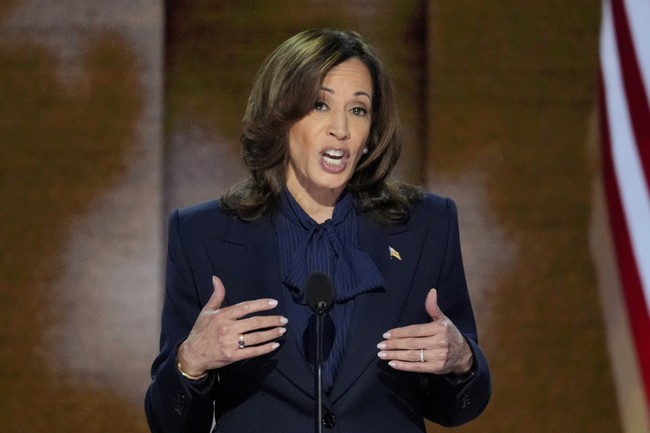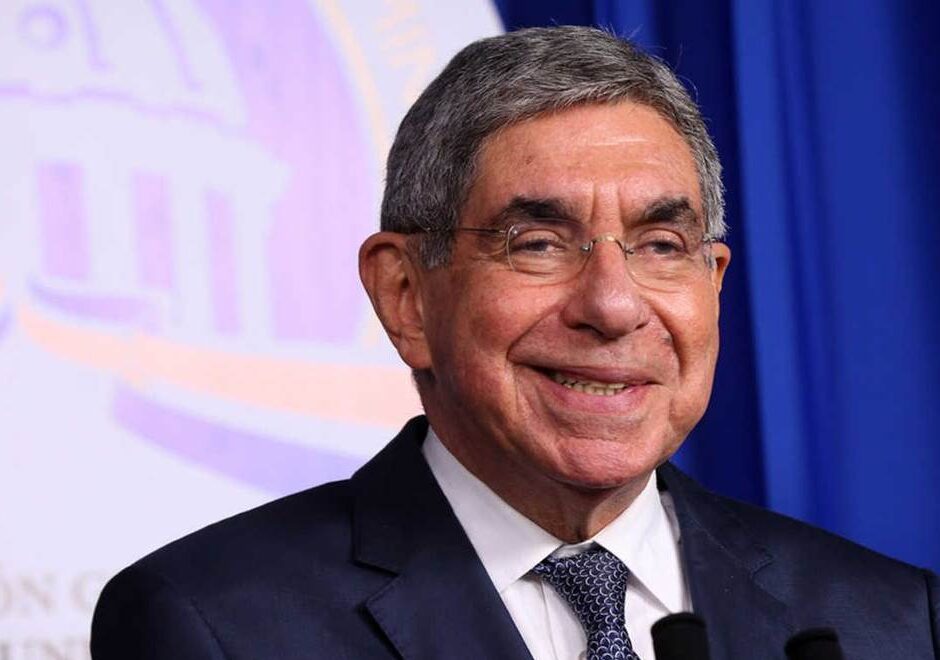Unpacking Iran's Complex Nuclear Talks Dilemma
Dive deep into the complexities surrounding Iran's nuclear program negotiations with global powers. Learn about the intricate dynamics at play as key diplomatic events unfold.
Published January 14, 2025 - 00:01am

Image recovered from en.tengrinews.kz
As negotiations concerning Iran's nuclear program press forward, the global stakes continue to rise. The country, led by its supreme leader Ayatollah Ali Khamenei, has drawn specific 'red lines' which they insist must not be crossed during talks with the P5+1 group — the United States, the United Kingdom, China, Russia, France, and Germany. These discussions, pivotal in nature, are anticipated to resume in Vienna soon, reflecting both the urgency and the many hurdles yet to overcome.
Iranian officials, resolute in their stance, have underscored the necessity for the country to enhance its uranium enrichment capacity to 190,000 SWU (Separate Work Units). This demand is met with skepticism and resistance, particularly from Western nations, who are wary of potential military dimensions masked within civilian claims. Enriched uranium remains at the heart of contention, instrumentally linked to the produce of nuclear fuel and, critically, nuclear weapons.
The diplomatic dance played between Iran and international powers extends beyond enrichment capabilities. There exists a pressing debate regarding the timeline and conditions under which international sanctions might be lifted. These sanctions have exerted considerable economic pressure on Iran, exacerbating their urgency to strike a deal that both satisfies their national objectives and assuages the fears of the international community regarding nuclear weapon proliferation.
Interestingly, as representatives from Iran engage in these high-stakes discussions with the P5+1 in Vienna, another significant development has unfolded. Senior Iranian envoy Ali Larijani has reportedly undertaken secretive trips to Russia, presumably to seek Moscow's expertise and assistance in advancing Iran's nuclear ambitions. This clandestine collaboration could potentially recalibrate the balance of power, further complicating international relations.
Parallel to these developments is Iran's overt willingness to engage in conversations with the United States, shedding light on a strategic pivot by Tehran towards dialogue amidst increasing global scrutiny of its nuclear pursuits. The Foreign Ministry of Iran has articulated the nation's openness to negotiations, emphasizing dialogue's perceived indispensability, implying potential willingness to address sanction-related concerns and alleviate international suspicions.
Meanwhile, European powers — notably France, Germany, and the UK — have not remained passive. Engaging in talks billed as 'consultations', the E3 nations have expressed considerable unease at recent advancements in Iran's nuclear capabilities, with a focus on diplomatic routes to prevent Tehran from acquiring nuclear armament. With recent leadership changes, commitments have been reiterated, although the specter of re-imposing sanctions looms large should unsettled concerns persist.
As diplomatic avenues amid high tensions and geopolitical maneuvering continue to be explored, Iran and European powers recently converged in Switzerland, aiming to underscore dialogue's necessity over outright conflict. With Donald Trump's imminent return to U.S. politics, implications for continuity in strategy, as witnessed during his first tenure marked by a ‘maximum pressure' policy, warrant close observation.
The interactions and outcomes of these engagements echo far beyond regional dynamics, highlighting the complex interplay of international diplomacy, national interests, and global security imperatives. The path forward, while fraught with obstacles, presents an opportunity to reinforce or undermine the delicate balance between maintaining nuclear non-proliferation and respecting national sovereignties.







